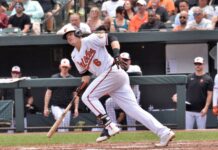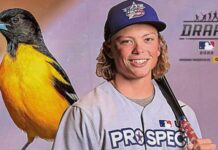The Orioles are operating around break-even, mainly because they have a payroll that is higher than their revenues justify. Whether they can make a significant profit in the next few years will depend on the outcome of the MASN dispute. The Orioles have been fortunate and resourceful in keeping that ball in the air for over three years since they got clobbered in the arbitration, but I’m guessing this will get resolved in 2019 if not sooner. And the outlook is not bright.
The arrival and success of the Nats have bumped the Orioles from being above the middle-of-the-pack in revenues to somewhere in the bottom half, probably in the lower third (again, hard to peg precisely because of the uncertainty about MASN). Unless there is a change in the demographics of Baltimore or Washington, or a dramatic decline in the Nats’ performance, I don’t see how that situation will improve, and it’s likely to get worse as the Nats’ fan base in Washington and its suburbs matures at the Orioles’ expense. The Orioles have to recognize and adjust to their declining circumstances.
The Orioles have supported their relatively excessive ML payrolls, in part, by not spending like other teams on international scouting, drafting and player development, and instead using their allocated international draft money as an asset in bringing in talent from other sources. That decision has placed them at a significant competitive disadvantage. The Orioles bring less international talent through their system to the ML club. But there is a broader effect on the way the Orioles build their roster. Teams use their minor league systems to bring in and develop players who (1) can be promoted to the ML team at a low cost, and (2) can be used in trades (especially but not only where prospects are redundant of each other or of the team’s ML talent) for missing pieces needed to boost a contending ML club. By most estimates the Orioles have done pretty well recently in drafting and acquiring other teams’ unprotected players, but they have lacked and continue to lack MiL depth. Without that depth, the Orioles have been able to deploy their prospects to promote or to trade, but have been hard-pressed to do both. I have not studied this, but a quick look at teams with highly rated MiL systems strongly suggests that to have the kind of depth that enables a team to use its MiL system both to feed the ML club and and to trade for needed pieces requires a team to draft, sign and develop young Latin American players.
In recent years, there’s been a general upgrade in the wealth and intelligence of MLB owners, almost all of whom made the fortune needed to buy a team in a field other than baseball. Many have financial resources that enable them to forgo making large profits from the team, at least for short periods when spending more may enable those teams to become or continue to be contenders. (Miami’s new owner may be an exception.) It appears that most of the new owners either have applied their intellectual talent and curiosity to understand something about how to build a team or are smart enough to leave those decisions to their hired baseball experts. The era of teams run by heirs who might not bring much to the table other than their birthrights — the Stoneham, Comiskey, Griffith types — is largely over. (That regime survives in New York, where it looms as yet another disaster for the Mets, and Hal Steinbrenner appears to have taken a reduced role after his brother entered into a contract with ARod that would have financially crippled almost any other team.)
As I’ve written before, unless the estate tax is repealed or altered significantly, if Peter Angelos’s son or sons inherit the team it’s likely that they will be strapped for cash to operate it (since most of Peter’s reported liquid assets would be eaten up in federal and Maryland taxes) — unless they bring in additional outside investors who are willing to put up hundreds of millions of dollars with no assurance or personal need for a significant return on that investment until the team is sold. I’m not sure that the required majority of MLB owners would approve a transfer of ownership to either or both of John and Lou Angelos, given the likelihood that their resources would be limited and their antipathy for their father.
John and Lou Angelos both seem like pretty decent guys, and I don’t know, but doubt, that they’ve inherited the arrogance, short-sightedness, indecisiveness, gutlessness or self-righteousness that have hurt the Orioles since their father took over. I don’t know that either has any record of accomplishment, in running a business or generating wealth or otherwise, or has come up with any ideas or strategies to improve the Orioles or any other enterprise. It looks like neither has ever sought or obtained a job of any kind. Both practiced law (Lou is still listed on his father’s firm’s website), apparently without distinction. John is supposed to be in charge of the team’s marketing and promotion, and I think it’s fair to say that has not been a success under his direction. Both keep a low profile, and they may have qualities and abilities beyond what I can find on the Internet.
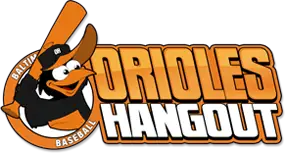

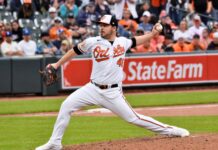
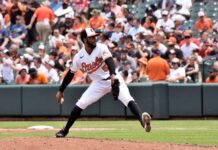
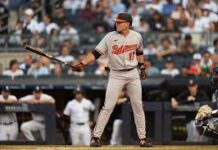
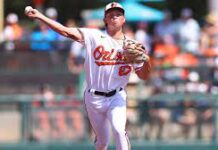
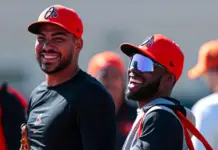

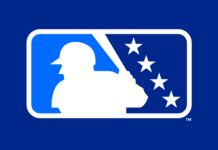
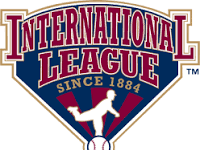
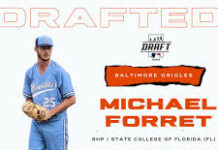
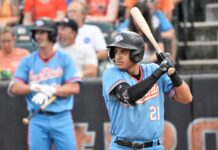
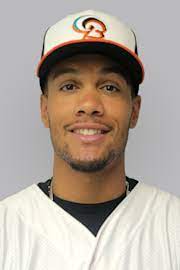



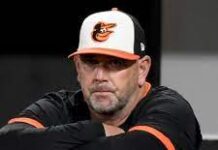

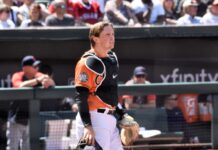
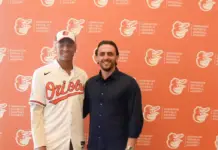
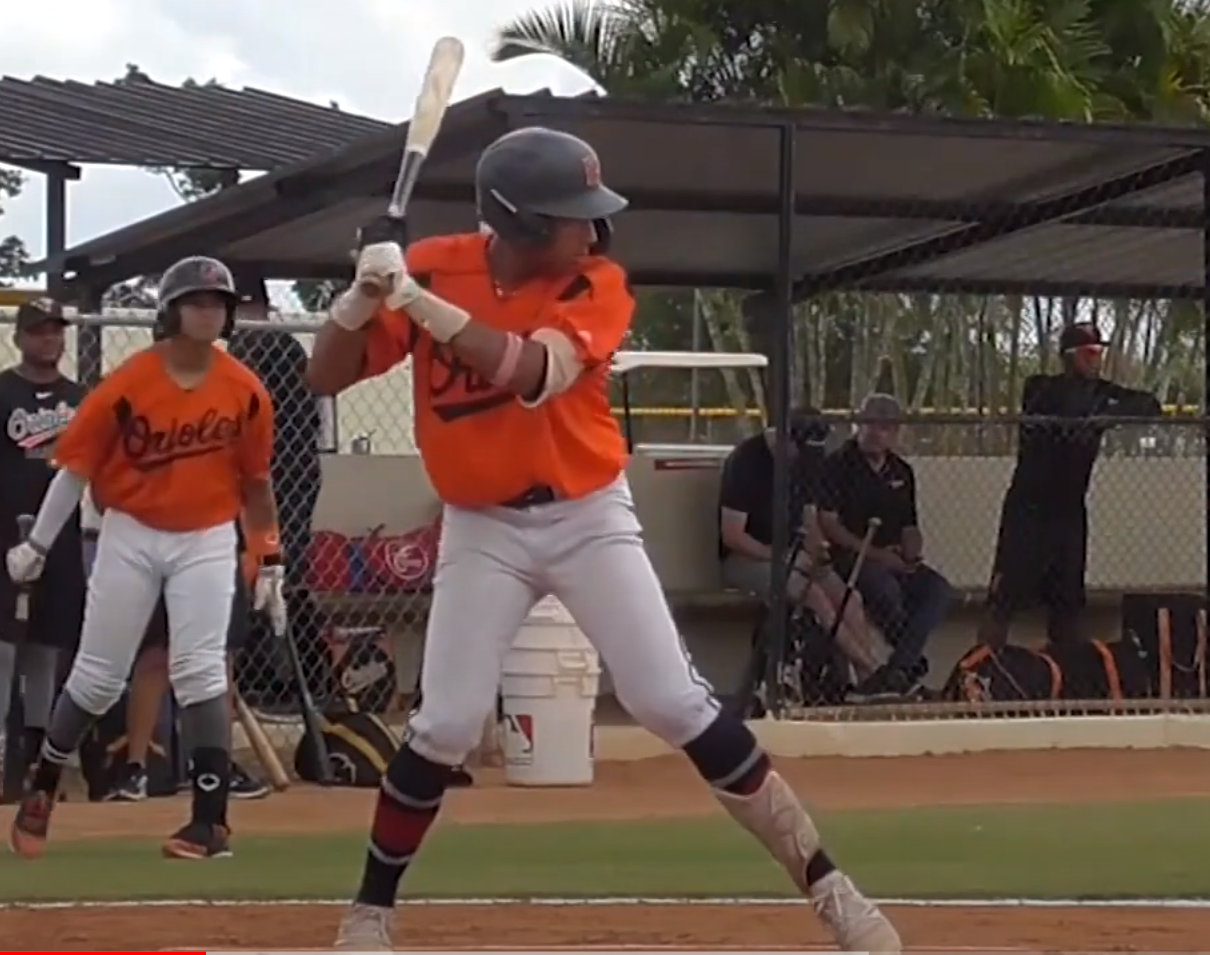
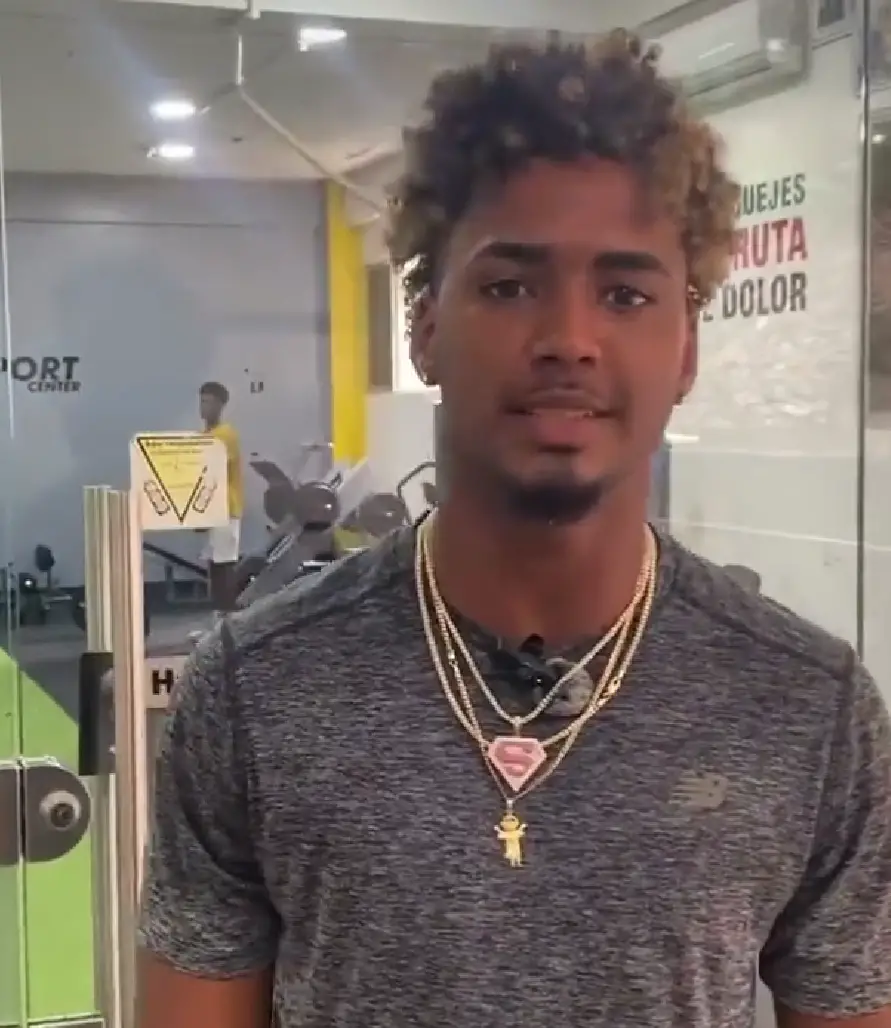
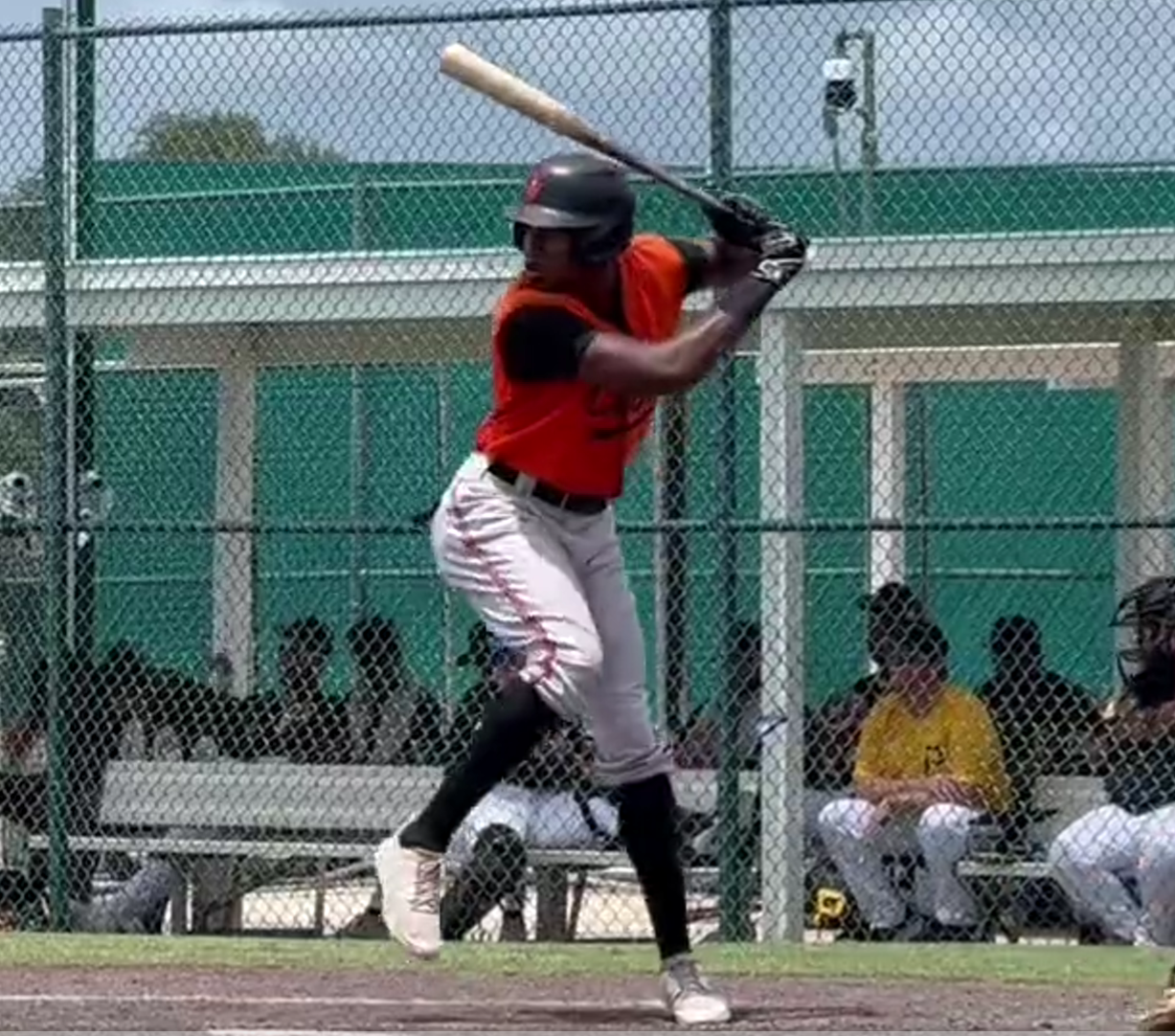

![Peter-Angelos-600x421[1]](https://orioleshangout.com/wp-content/uploads/2018/01/Peter-Angelos-600x4211.jpg)
